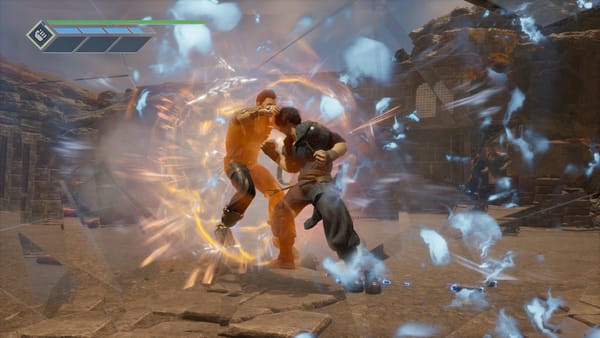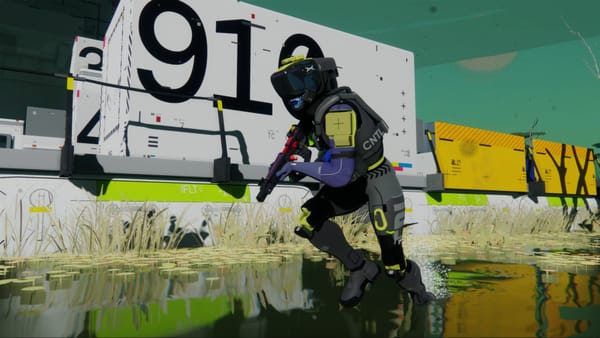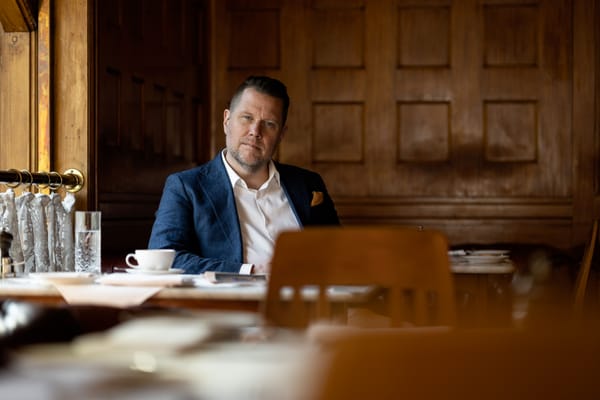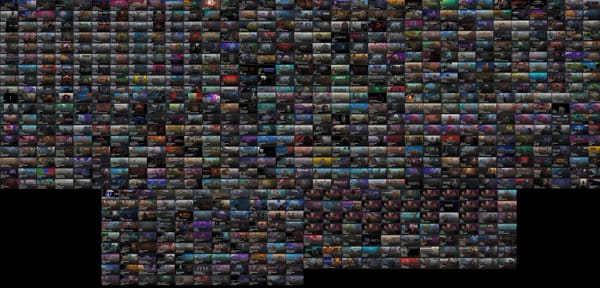#13: Working it out
Last year, the world suddenly had to figure out how to work entirely from home. This year the challenge is, in many ways, even greater: working out what ‘work’ means now things are opening back up, after everyone’s spent 15 months proving they can do their jobs from their back bedrooms and kitchen tables, and with research suggesting most have no desire to go back to the way things were. Overnight Ubisoft has outlined its vision for the future of work, publishing a memo sent to staff by chief people officer Anika Grant after someone leaked it to Bloomberg’s Jason Schreier. The replies to Schreier’s tweet, incidentally, show just what a knotty problem this is for the game industry specifically.
It’s dry in the way internal comms always are, but it’s an enlightening, and I think quite important, read. For one thing, the relationship between Ubisoft upper management and those on the shop floor has been, shall we say, somewhat strained of late; its plan for a return to the office therefore has rather more riding on it. Furthermore, Ubisoft employs over 20,000 people worldwide, and while its teams have historically been office-based, it also has a distributed element to it because of how it runs its projects. Ubisoft Montreal might be taking the lead on, say, a new Assassin’s Creed, but it will be worked on by several other Ubi studios around the globe as well. This has caused problems in the past — friction when Montreal comes in one morning to find that Singapore has broken something overnight, say — but it means that long before Covid struck, Ubisoft teams were collaborating and communicating remotely. As such I’m particularly curious about how it intends to reshape itself for life after the pandemic subsides.
I get that it’s fashionable to look down on Ubisoft these days, but I’m surprised to see this memo being spun as a bad thing. I rather like it. The question of what ‘work’ looks like in 2021 and beyond is about so much more than just where an employer thinks its staff will be most productive. It is now about what the employees think too. Grant sketches out a few core goals — the office “remains a core pillar”; some roles will be fully office based and a handful fully remote, with everyone else moving flexibly between the two; there will be days when everyone needs to be in, and days when no one does — then delegates the implementation of them to regional leadership. This acknowledges that the future of work is by definition flexible. It shows an understanding that a global company like Ubisoft is not just a collection of studios in different timezones. It is also a body of people with different preferences and needs, and an assortment of different cultures and values.
There are of course tremendous benefits to working from home. No more commutes, fewer interruptions, spending more time with the kids (arguably a downside, thinking about it) and so on. But there are plenty of drawbacks to it too, particularly for the creative industries. Towards the end of my time on Edge I worked from home more often than not. When I was working on solo projects — the planning, writing, editing and general firefighting that took up the bulk of my time — I was far more productive at home. But the creative, collaborative tasks — designing a cover, say, or discussing a feature layout — were not only much more efficient when done in a room with people, but so much more rewarding too. That is where the real magic happens; the collaborative alchemy that turns good work into something brilliant, that gives you that vital little boost of energy and inspiration as you turn back to your own to-do list.
Game development, I suspect, is more reliant on those moments of magic than most professions. And plenty of the developers I talk to are clucking to get back to something approaching normality. Yet the game industry has an awkward relationship with ‘the office’ — it was founded, effectively, on cultures of overwork and presenteeism, and there can be no going back to that now. This is a difficult, nuanced problem that I’m quite sure I don’t know the answer to. But the fact that one of the biggest game companies on the planet should be framing the future of work around flexibility — thinking not just in terms of the quality of products it makes, but on how better to meet the needs and desires of the people that make them — can only be encouraging, I think. Not just for the game industry, but for us all.
MORE!
Some great updates last night on Playdate, that most Portlandia of videogame systems. Highlights include Lukas Pope and a pen holder, but you should really watch the whole broadcast, if you haven’t already. I still think this thing is absolutely batshit insane and I can’t quite believe it exists. I simply must have it.
A couple of Insomniac staff say they didn’t crunch at all during development of Ratchet & Clank: Rift Apart. Imagine, if you will, a world in which this is not newsworthy. One day, perhaps.
I enjoyed this look at how game companies are finding success on TikTok, and came out of it almost understanding what TikTok is. Progress!
Kotaku’s rundown of the best moments in E3 history is a lovely little walk down memory lane. I disagree with the selection but that’s sort of the point of these things, isn’t it.
In hindsight, perhaps writing about tricky corporate stuff with a pounding headache wasn’t the best of ideas. Back to dad jokes tomorrow, I think. As ever, thanks so much for reading. If you’ve enjoyed it, please sign up if you haven’t already, and share if you have!





